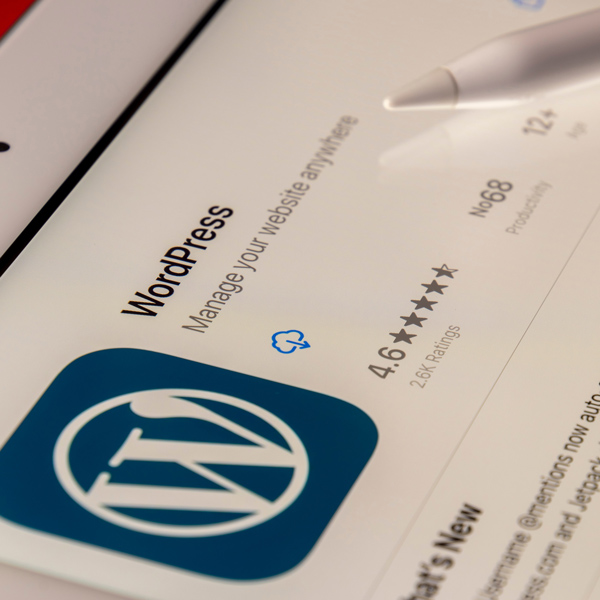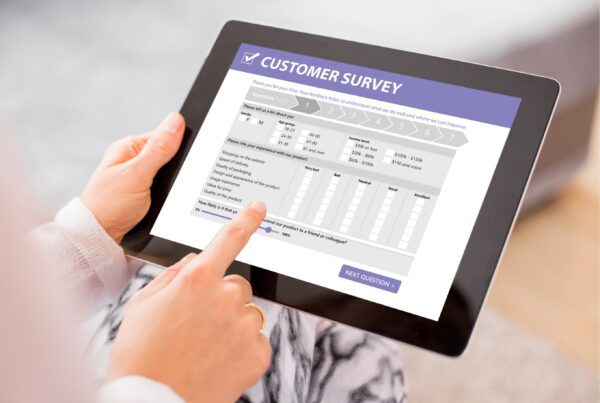Selecting the best website builder platform to build your website on is a critical first step in developing a website that works well for your business.
WordPress vs Shopify vs Squarespace vs Wix got you confused?
We are often asked what the best website platform is for NZ businesses. Whether you are launching a new website for the first time or looking at a complete refresh and update of an existing website, there are several factors to consider when deciding on the best website builder platform for you. These include:
- Functionality – what do you need your website to do? Content, blogs, e-commerce, lots of images and videos.
- Design options – some platforms are limited by the design templates that are available
- Ease of use – especially if you are going to build and maintain the site yourself.
- Pricing – both upfront and ongoing
- Features – are there particular things you need your website to do?
- Customisation – if you need features or elements in your website that aren’t standard, how hard are they to add or create? Is custom coding needed?

Choosing the best website builder breaks down to three broad choices, WordPress, template-based site hosts, e-commerce sites.
WordPress
WordPress is the world’s most popular website building platform, with roughly 40% of all websites on the internet powered by WordPress.
The reason that WordPress is so popular is because it is:
- relatively easy to use.
- a fairly cheap option. WordPress itself is free, but you generally pay to use themes and plugins etc. and don’t forget hosting fees.
- has a huge array of design options and features.
- can be highly customised, though the more you want to customise it the steeper the learning curve.
- has good all-round functionality, and works well for providing company and service information, portfolios, lead collection and hosting blogs.
The downside is that WordPress isn’t a dedicated e-commerce platform. While powerful e-commerce functionality can be added to a website built on WordPress via plugins such as WooCommerce, it’s not the same as using a dedicated e-commerce platform to build your website.
Confused about wordpress.com vs wordpress.org? WordPress.org is home of the free, open source software you build your website on. WordPress.com is a company that helps you build a website using the WordPress software.
WordPress is the world’s most popular website building platform, with roughly 40% of all websites on the internet powered by WordPress

To use WordPress as the platform for your website, you need to use a hosting company. This could be a small local host (we use a Wellington based hosting company), one of the bigger NZ hosting companies (which pretty much all have the same parent company), or an overseas company.
Template-based Host Sites
Template based site hosts include Gator, Weebly and GoDaddy at the more DIY end through to Wix and Squarespace at the more professional end of the spectrum.
The positives for template-based platforms are:
- Usually very easy to use, right through from initial construction to keeping you website updated and looking good.
- Offer low priced all-in-one packages
The downsides can be:
- Website design options and customisation are often limited by the templates and styles available. Generally, the easier a website platform is to use, the more limited various options will be.
- Features and functionality are platform specific. Some are very good, others more limited.
- As with WordPress, most of the template-based website platforms have some e-commerce capabilities, but they won’t perform as well as a website built on a dedicated e-commerce platform. If you need an information and content/image rich website AND e-commerce, then of the template-based options, Squarespace (which has the best templates) and Wix (good for getting a basic store up and running easily) are the two options to investigate.
As with WordPress, most of the template-based platforms have some e-commerce capabilities, but they won’t perform as well as a website built on a dedicated e-commerce platform.
If you need a proper website AND e-commerce, then of the template-based options, Wix (good for getting a basic store up and running easily) and Squarespace (which has the best templates) are the two options to investigate.
E-commerce Sites
As with some of the other options we have looked at, you tend to trade off one thing for another as you look at the options for building your e-commerce site.
The easier the platform is to use, the less features it tends to have, and as the features and functionality go up, so does the complexity.
You also need to factor in that what you gain in dedicated e-commerce functionality with these platforms, you tend to lose in the ability to build a more ‘general’ website around the online shop. While a platform like Shopify lets you have a home page, about us, a contact page and a blog, if you want to start lots of other pages, with content, images, video etc. then you are going to struggle, especially if you want then to look as good as pages on sites built on WordPress, Wix or Squarespace. That said, the release of Shopify Online Store 2.0 has made it a lot easier to build more pages onto your site. We recommend that any business looking at launching a Shopify store should select a Shopify 2.0 theme over the more restrictive ‘Classic’ 1.0 themes. This is also the option to go for if you are planning a major upgrade or update of your Shopify 1.0 store.
While there are a number of dedicated e-commerce website platforms out there, in recent years this segment has been dominated by Shopify. Others include Square Online and Bigcommerce

So what’s the best website builder for you?
- If you want a good-looking website with lots of information and content rich pages, a blog etc. and aren’t planning to run an e-commerce focussed website, then WordPress is probably your best choice.
- If you want a dedicated e-commerce site that’s product heavy and don’t need a lot of non-product pages, then Shopify is for you.
- If you want a mix of a standard website with lots of pages and an online shop, then Wix or Squarespace are probably the two to consider.
Still got questions about the best website builder or need help with your website build?
We would be happy to meet with you to look at your options and discuss your needs. Get in touch with us today for a no obligation chat.
To read more about website work that Synthesis Marketing delivers, please have a look at our website design and development information page.





